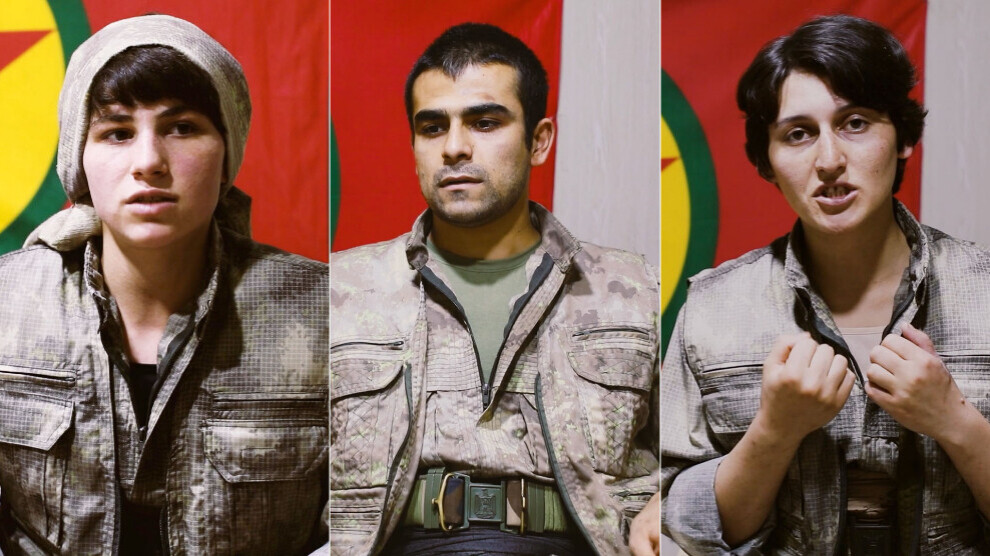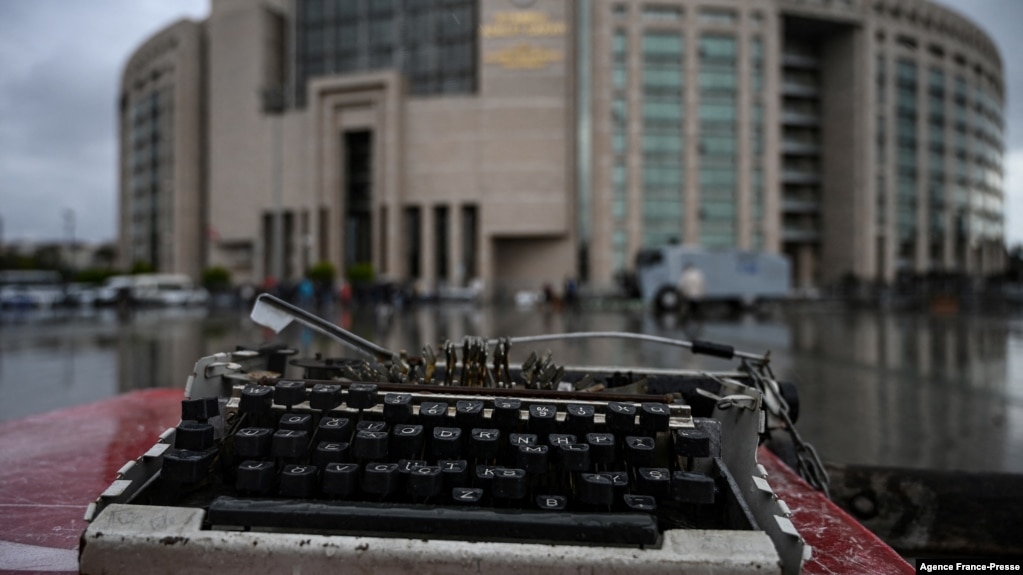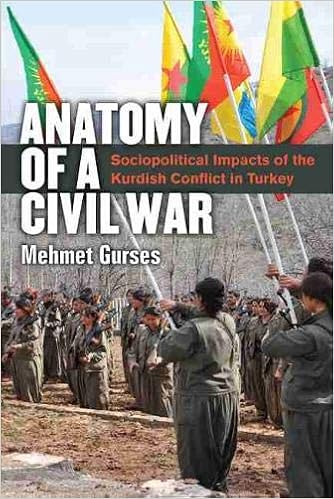Salih Kado said that the occupying powers of Kurdistan agree to exterminate the Kurds because their economic and political interests are intertwined. He stressed that Turkey’s use of chemical weapons is part of the failed policy and a reaction to the defeat.
Secretary-General of the Syrian Kurdish Left Party, Saleh Kado
A classical dictum cited by Clausewitz, the father of war studies as an academic discipline, tells us that starting a war is often easy while ending it is always difficult. Does that dictum apply to the war that Turkey has started against the Kurds by invading Syria? Right now, the answer is that no one knows. What is certain, however, is that the best outcome that Turkey might expect, is to be extricated from that hornet’s nest with a minimum of damage.
Editor’s Note: Turkey’s historic failure to find democratic solutions to Kurdish ethnic demands has created a deeply insecure and chronically irrational Turkish political culture, precipitated the end of the U.S.-Turkish strategic partnership, and pushed Ankara to work with Moscow, writes Ömer Taşpınar. This piece was originally in Responsible Statecraft.
Guerrillas who survived the Turkish chemical attack in Girê Sor, near the Turkish border, spoke about their experiences. According to the guerrillas, “International delegations can visit the tunnels and conduct research. There are still chemical traces.”
VAN, TURKEY/WASHINGTON —
Eighteen journalists, nearly all of whom work for Kurdish media outlets, stood trial at hearings across Turkey this week.
Lawyers and media rights groups say the trials show how Turkey’s laws on terrorism and protests can be used to detain or harass journalists.
United States Department of State, U.S. Department of State Country Report on Human Rights Practices 1995 – Turkey, 30 January 1996, available at: https://www.refworld.org/docid/3ae6aa7dc.html [accessed 8 September 2021]
Anatomy of a Civil War demonstrates the destructive nature of war, ranging from the physical to the psychosocial, as well as war’s detrimental effects on the environment. Despite such horrific aspects, evidence suggests that civil war is likely to generate multilayered outcomes. To examine the transformative aspects of civil war, Mehmet Gurses draws on an original survey conducted in Turkey, where a Kurdish armed group, the Kurdistan Workers’ Party (PKK), has been waging an intermittent insurgency for Kurdish self-rule since 1984. Findings from a probability sample of 2,100 individuals randomly selected from three major Kurdish-populated provinces in the eastern part of Turkey, coupled with insights from face-to-face in-depth interviews with dozens of individuals affected by violence, provide evidence for the multifaceted nature of exposure to violence during civil war. Just as the destructive nature of war manifests itself in various forms and shapes, wartime experiences can engender positive attitudes toward women, create a culture of political activism, and develop secular values at the individual level. In addition, wartime experiences seem to robustly predict greater support for political activism. Nonetheless, changes in gender relations and the rise of a secular political culture appear to be primarily shaped by wartime experiences interacting with insurgent ideology.




